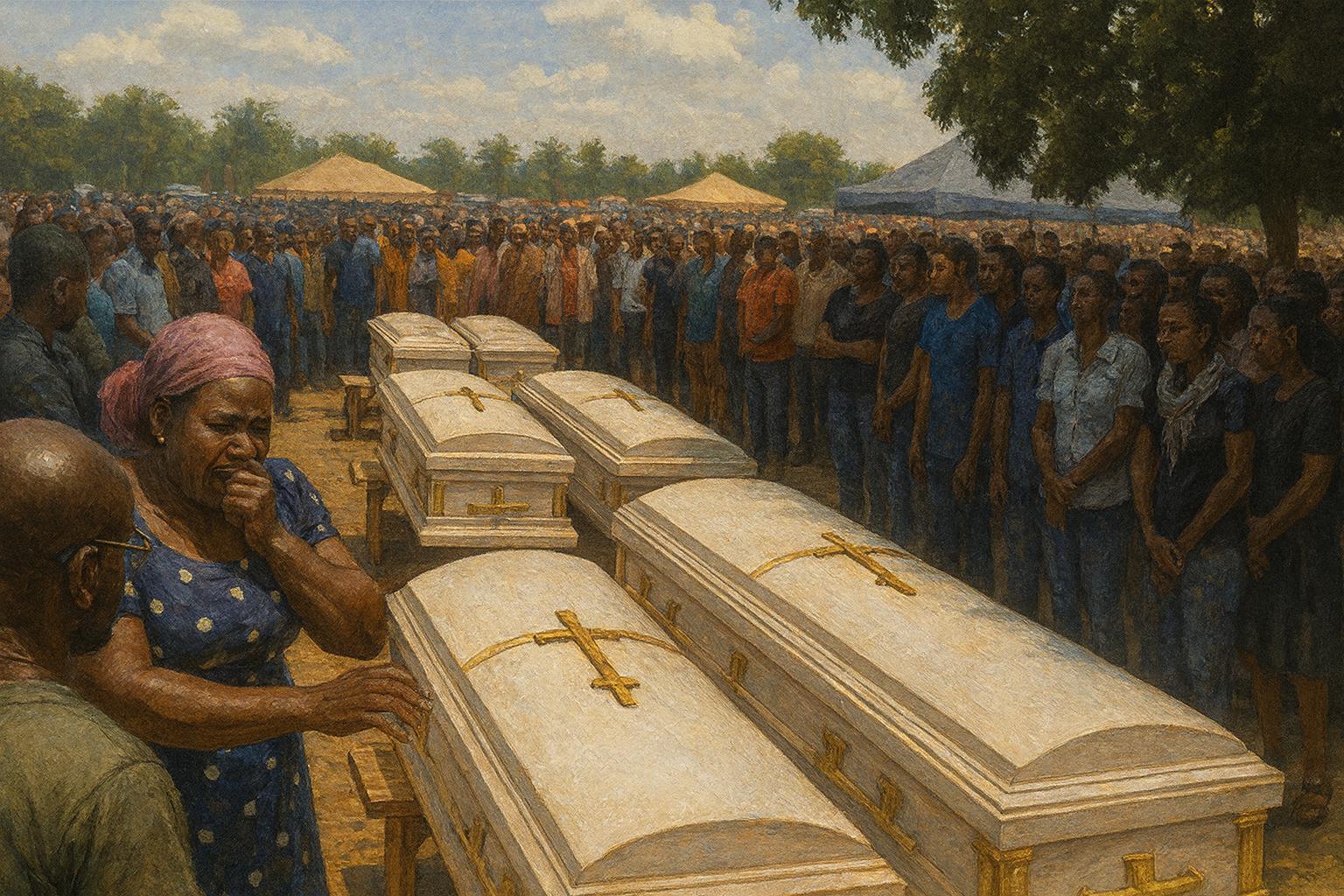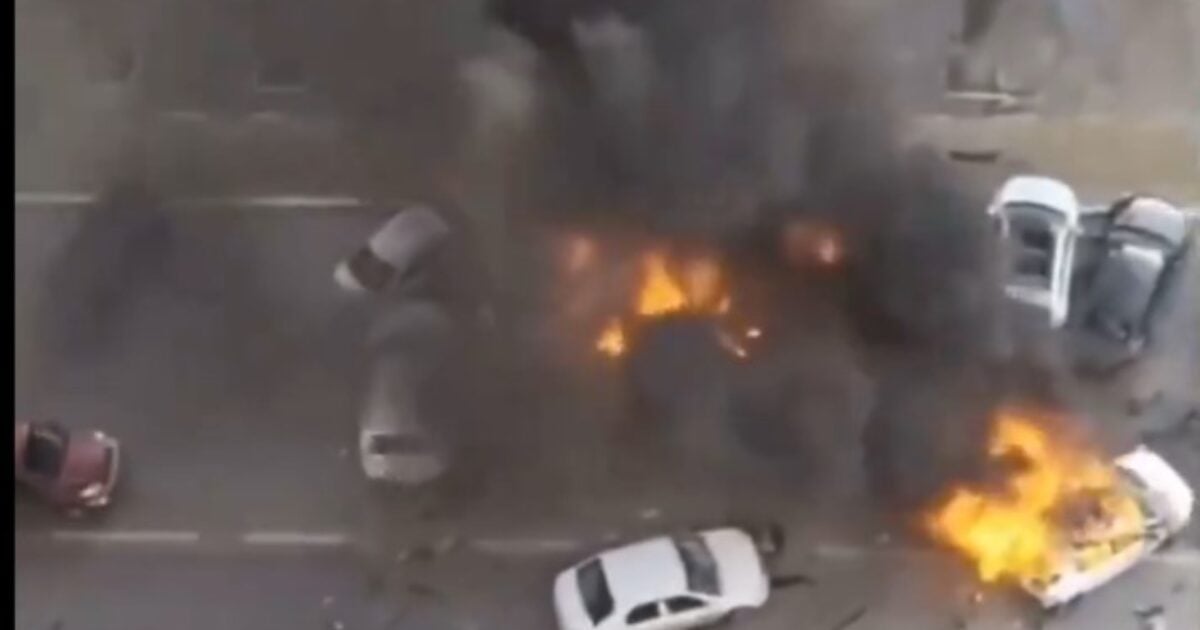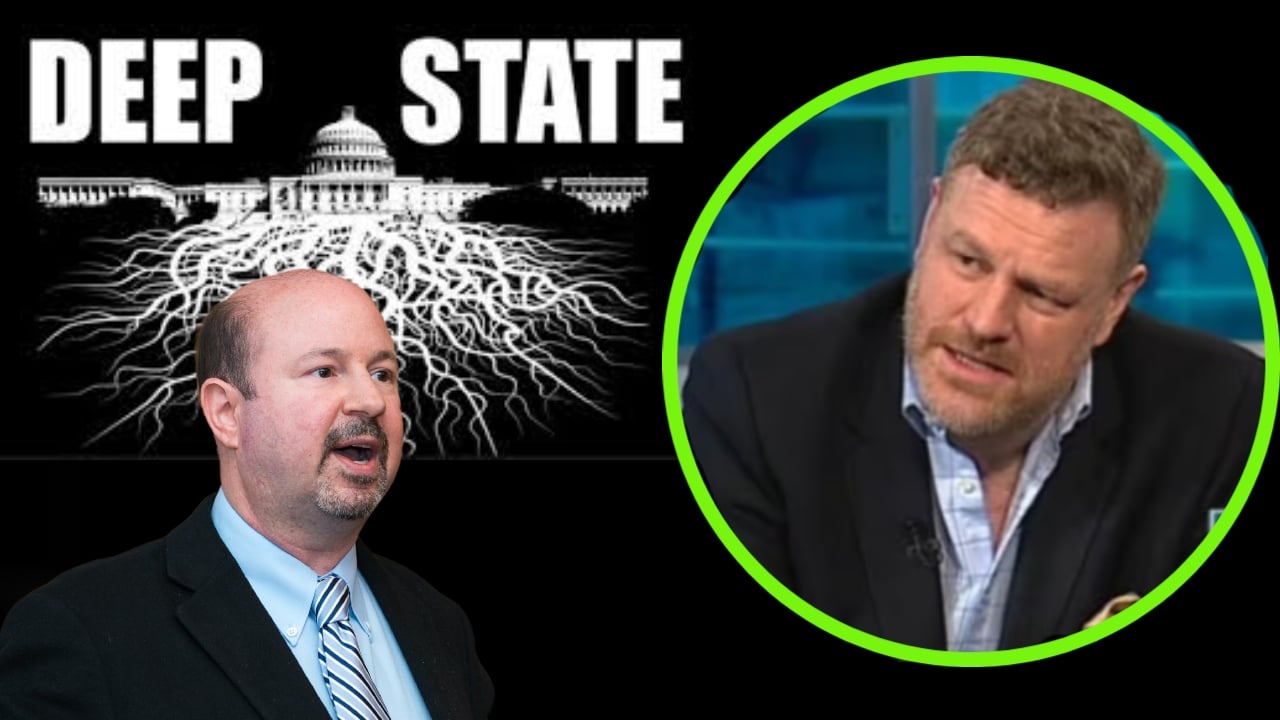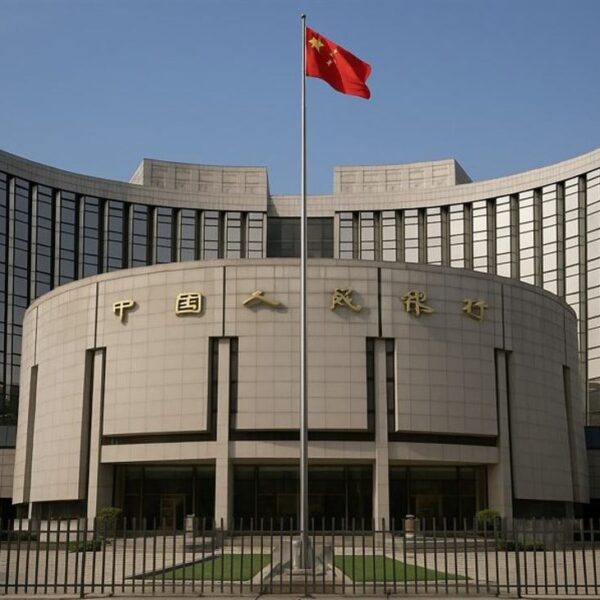
The Vatican has officially documented 1,624 Christians killed for their faith between 2000 and 2025, honoring them as modern martyrs across denominations. The Center for the Study of Global Christianity (CSGC) at Gordon-Conwell Theological Seminary, however, estimates a much higher number, between 100,000 and 160,000 per year.
The discrepancy lies in how “killed for their faith” is defined. Gordon-Conwell used a very broad definition that included Christians killed in wars or killed irrespective of the motivation of the killer. For example, in the Democratic Republic of Congo, about 4 million Christians were killed between 2000 and 2010, which heavily skewed the statistics.
By contrast, the 1,624 documented by the Vatican were primarily victims of jihadist extremism, especially in Sub-Saharan Africa and parts of Asia; criminal organizations such as cartels and gangs targeting religious workers in the Americas; and ethnic-political conflicts often intertwined with tribal and religious tensions. State persecution also contributed, though far less than in the 20th century under communist regimes.
This violence reflects a rising global trend of Christian persecution that has also reached the United States. According to the Family Research Council, attacks on churches in the U.S. surged during the Biden administration, rising from 98 incidents in 2021 to 485 in 2023, with 415 reported in 2024 across 43 states. For comparison, the baseline in 2018 was 50 incidents.
On March 27, 2023, The Covenant School in Nashville, Tennessee, a Presbyterian parochial school, was the site of a massacre when 28-year-old former student trans, Aiden Hale, a transgender man, killed three nine-year-old children and three adults before being shot dead by police. Investigators later confirmed Hale deliberately targeted the school because it was Christian.
One of the most recent tragedies occurred on August 27, 2025, when a trans mass shooter struck the Church of the Annunciation in Minneapolis, Minnesota, during a school-wide Mass.
Two children, Fletcher Merkel and Harper Moyski, were killed, and twenty-one others were injured, including eighteen students and three senior citizens.
Just weeks later, on September 10, Charlie Kirk was assassinated while espousing Christian values before an audience at Utah Valley University in Orem, Utah.
Catholic churches have been targeted with particular intensity.
CatholicVote.org documented 522 attacks from May 28, 2020, through 2025, including arson that damaged or destroyed historic churches, graffiti with satanic messages, rocks and bricks hurled through windows, statues decapitated, and illegal disruptions of Mass.
The breakdown includes 60 attacks in 2020 (from May 28 onward), 83 in 2021, 143 in 2022, 108 in 2023, 86 in 2024, and 42 so far in 2025.
Despite this wave of violence, the Biden administration failed to act.
In December 2021, CatholicVote sent a letter to Attorney General Merrick Garland citing a federal statute requiring investigation and prosecution of such crimes, urging action to protect Catholic churches.
Although the DOJ promised a “15-day review,” no evidence of significant action followed, and attacks continued.
The Vatican commission’s findings further highlighted the global scope of persecution.
Of the 1,624 cases confirmed over the past twenty-five years, 643 were from sub-Saharan Africa, where jihadist violence and ethnic-political conflict claimed the most lives.
Asia and Oceania accounted for 357, including 200 killed in the 2019 Easter Sunday bombings in Sri Lanka.
In the Americas, 304 martyrs were murdered largely by cartels or criminal groups. Another 277 were recorded in the Middle East and North Africa, while Europe saw 43, in addition to 110 Europeans killed abroad, mainly missionaries serving in vulnerable regions.
Although the Vatican has withheld the full list for security reasons, several names were cited as emblematic.
Sister Dorothy Stang, an American nun murdered in Brazil in 2005 for defending the poor and the rainforest, famously held up her Bible before her killers, declaring, “This is my only weapon.”
Father Ragheed Ganni, a Chaldean priest from Mosul, Iraq, was shot in 2007 after refusing to close his parish.
Brother Francis Tofi, an Anglican member of the Melanesian Brotherhood, was tortured and killed with six others in the Solomon Islands in 2003 while mediating conflict.
Ten-year-old Abish Masih died in a 2015 church bombing in Pakistan. The twenty-one Coptic Orthodox Christians executed by ISIS on a Libyan beach that same year were later added by Pope Francis to the Roman Martyrology.
Other victims included four Missionaries of Charity killed in Yemen in 2016 by gunmen who stormed their convent, Paul McAuley, a La Salle brother found burned to death in the Peruvian Amazon in 2019 after defending indigenous rights, Blessed Leonella Sgorbati, an Italian Consolata Missionary murdered in Somalia in 2006, and six Evangelicals slain at Silgadji Mission in Burkina Faso in 2019.
In his homily, Pope Leo praised these martyrs for refusing to meet hatred with violence, instead embodying what he called the meek and hidden power of the Gospel.
He warned that persecution did not end with the dictatorships of the last century but continues, and in some regions has even intensified. The blood of martyrs, he said, is a source of hope and unity for Christians everywhere.
“Their martyrdom continues to spread the Gospel in a world marked by hatred, violence, and war. It is a hope filled with immortality because, even though they have been killed in body, no one can silence their voice or erase the love they have shown.”
The liturgy included the reading of the Beatitudes, framing prayers for Christians persecuted, imprisoned, kidnapped, or killed for their faith, for defending the poor, protecting creation, or standing for religious freedom.
Regina Lynch, President of Aid to the Church in Need, the Catholic foundation supporting efforts to document the martyrs, noted that the findings reflected what her organization witnesses daily: Christians risking their lives for their faith, for charity, for justice, and for peace.
Pope Leo XIV presided over an ecumenical prayer service on September 14, 2025, at the Basilica of St. Paul Outside the Walls in Rome. The event coincided with both the Jubilee of Hope and the feast of the Exaltation of the Holy Cross.
Representatives from more than 30 Christian denominations—including Orthodox patriarchs, Anglican bishops, and Protestant leaders, stood beside him in what the Vatican has called the “ecumenism of blood,” the shared witness of Christians persecuted and killed for their faith regardless of tradition.
The Vatican described the new martyrs as men, women, and even children who trusted in God’s faithfulness amid adversity.
Their legacy, Pope Leo said, is not one of sorrow but of hope, serving as a prophecy of the triumph of good over evil.
Concluding the service, he prayed, “May the blood of so many witnesses hasten the arrival of the blessed day when we will drink from the same cup of salvation.”















